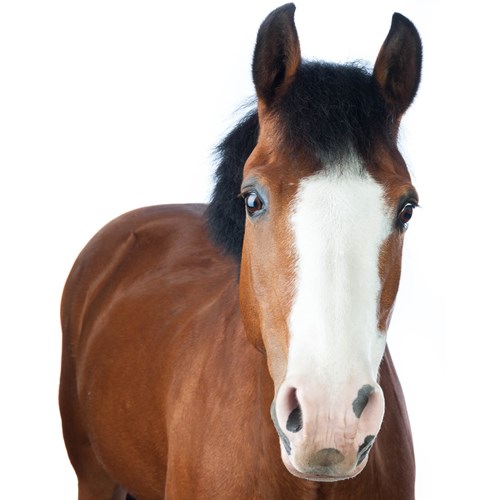
Key Information
CPD Hours: 1 hours
Course Length: One hour
Course Format: Recorded webinar with a copy of the webinar slides provided
Enrol Now
Alternatively you can download and email using our Registration Form
Course Information
- Diagnosic imaging
- Conventional intra‐articular medications
- Regenerative medications
Lameness localised to a joint represents an excellent opportunity for targeted medications but what about imaging? Arthroscopy? Conventional or regenerative medications?
This webinar will focus on what do when lameness has been localised to the joint. What are we looking for on radiographs and ultrasound? We’ll also look at the vast array of intraarticular medications which are available, conventional and regenerative.
Why do this course?
This webinar is particularly useful for those veterinarians seeing lame horses and want to offer their clients accurate and cost effective diagnostics and treatments. Delegates will learn how to proceed following a positive response to a joint block.
This webinar is part of the Fundamentals of equine practice series that is currently running throughout the year.
Our extensive library of recorded webinars are great value for busy practitioners seeking quality CPD at a time of their choice and without leaving home. Participants gain access to the webinar for two weeks which allows them to view it at their leisure and convenience as well as review aspects as needed to enhance learning. Participants will receive an electronic copy of the slides to support their viewing session and a CPD certificate.
Members of the BVA Young Vets Network receive a 50% discount on our recorded webinars (subject to availability – ten discounted places available per webinar per year).
Please note: Our anytime Recorded Webinars and Recorded Webinar Plus CPD are regularly reviewed to ensure they are still providing the most up-to-date information. Please therefore activate the webinar within 3 months of purchase as we cannot guarantee availability after this time period. Any recorded webinars that are removed from sale during the 3 month time period we will offer a free replacement.
Andy Fiske-Jackson, BVSc MVetMed DipECVS FHEA MRCVS
Professor of Equine Surgery
The Royal Veterinary College
Relevant CPD courses you may find of interest
Diagnosis and management of common foot conditions
Decision making with the colicing horse
First aid and resuscitation of the sick neonatal foal
Investigation and management of cutaneous lumps and bumps
Investigation of poor performance
Oh no, I think it’s ataxic! A practical approach to the neurological examination of the horse
Practical guide to the use and interpretation of nerve and joint blocks
Practical management of the coughing horse
Shoeing for different conditions
The approach to the swollen joint
Tendon injuries – first line treatment to long term
The non-weight bearing horse including fracture stabilisation
Difficult births, sick foals and other equine emergencies: a nursing online course

